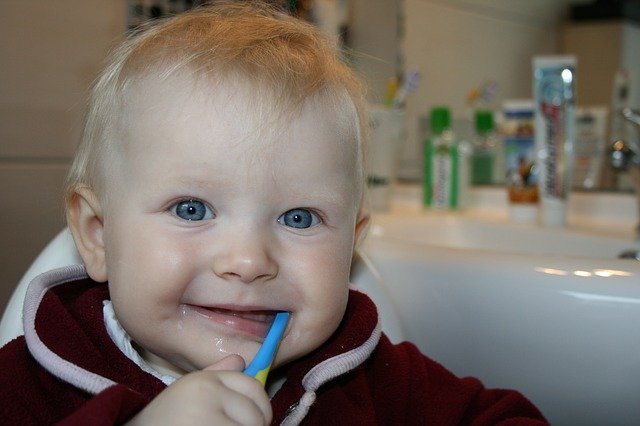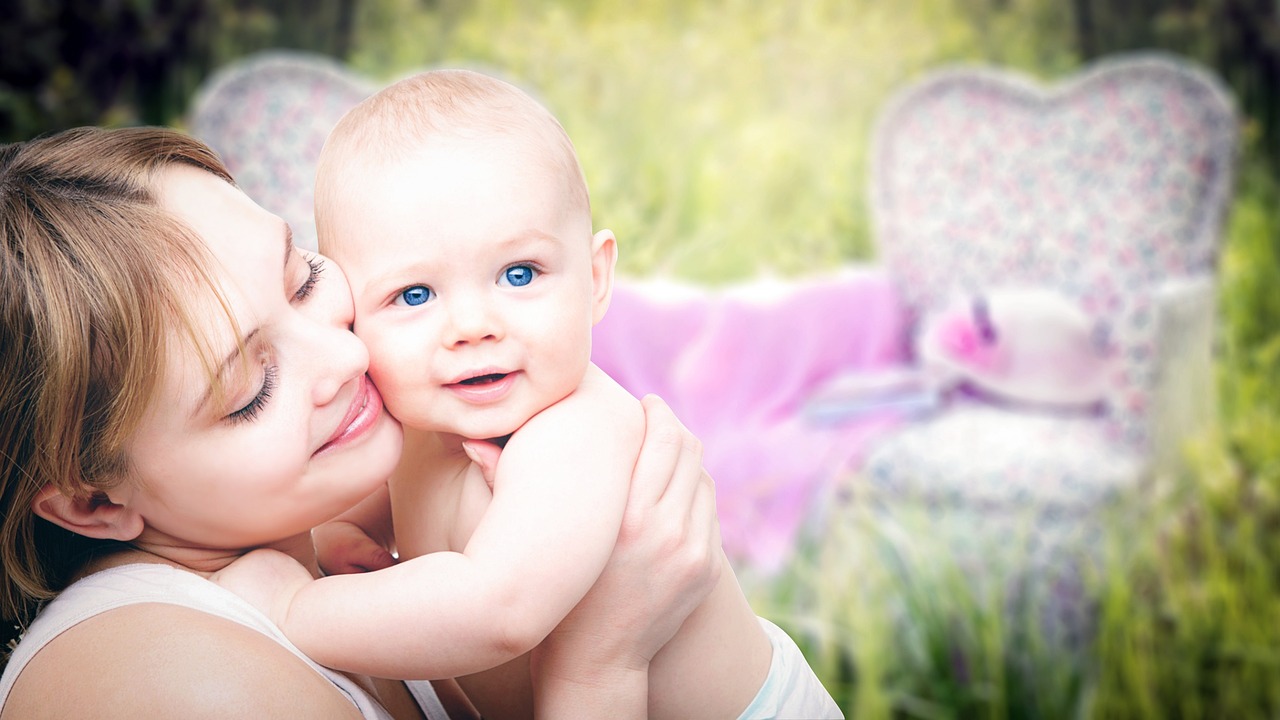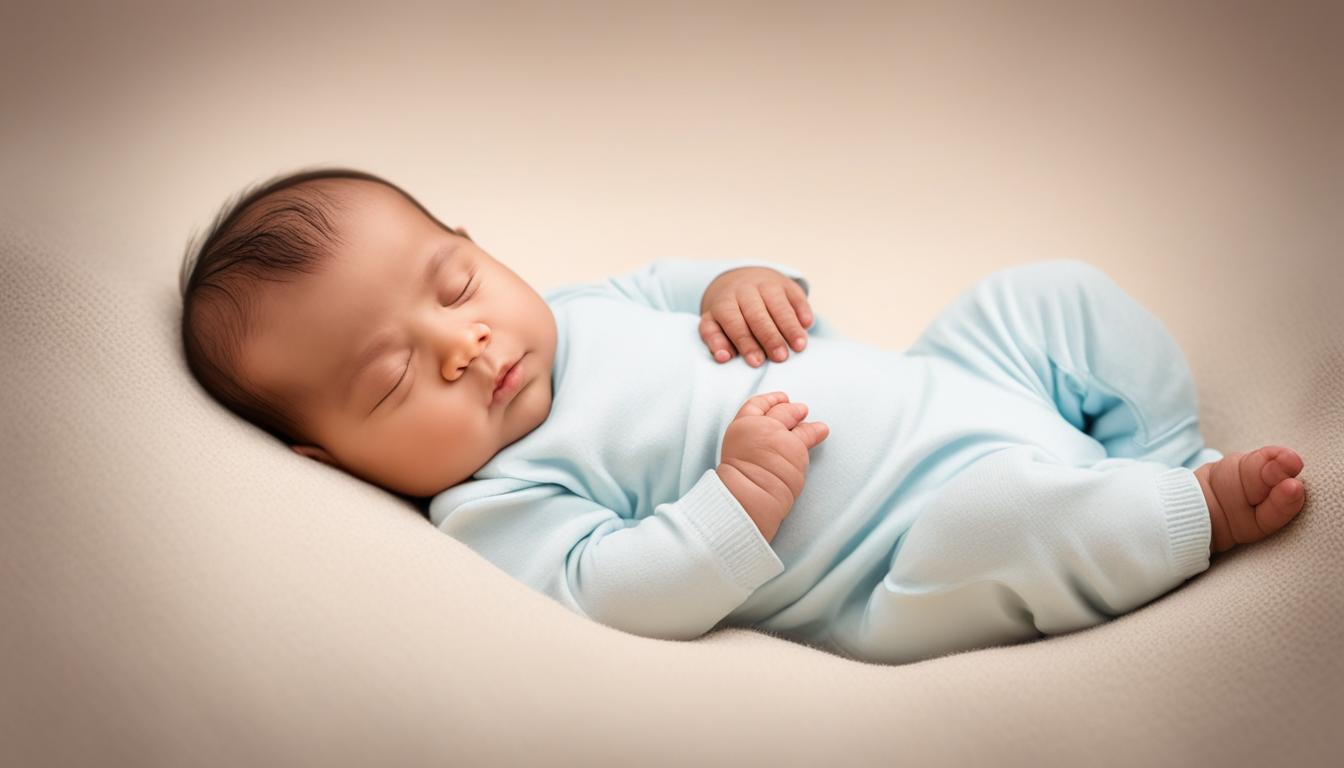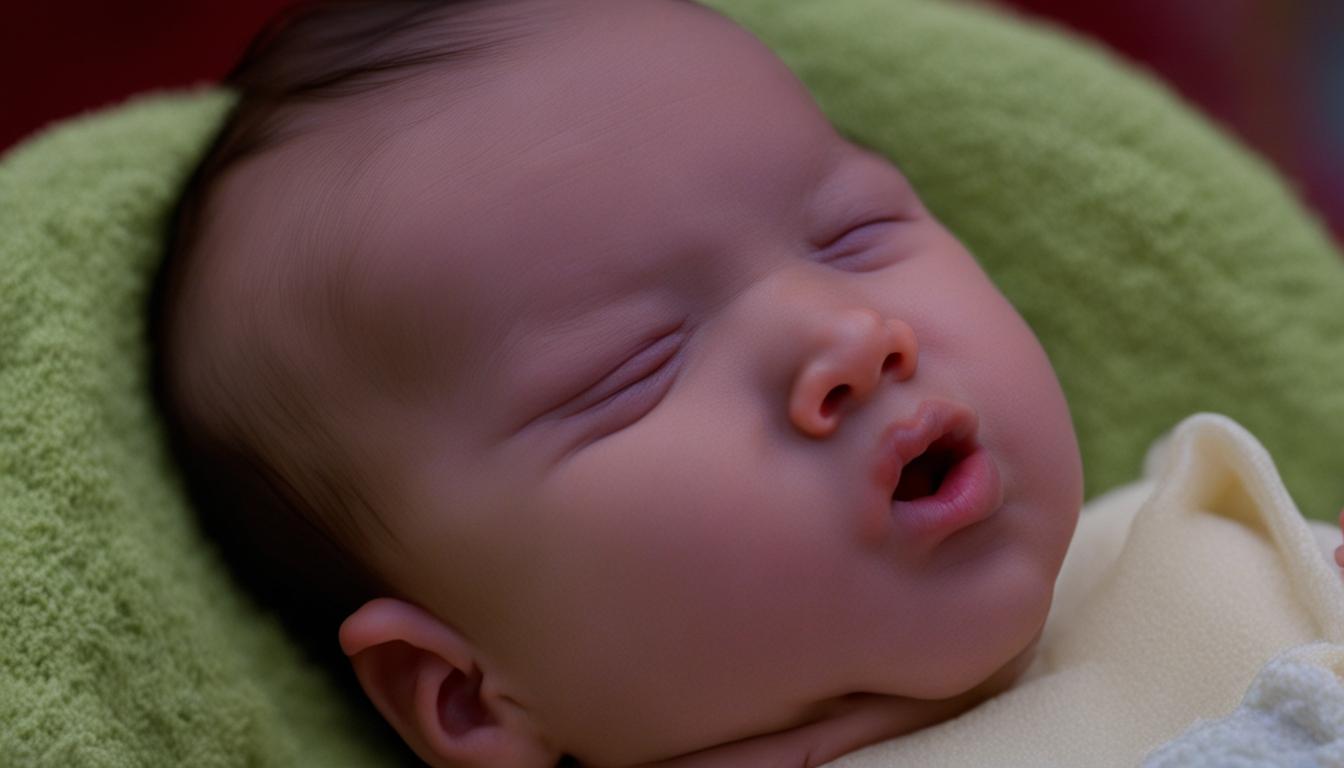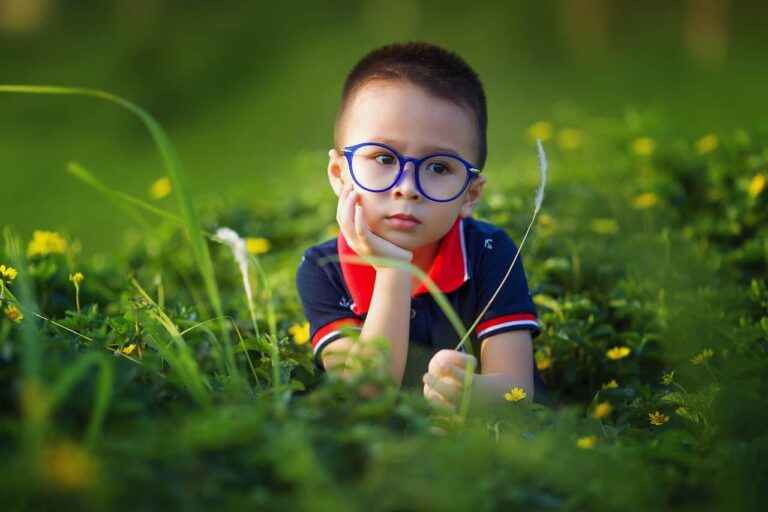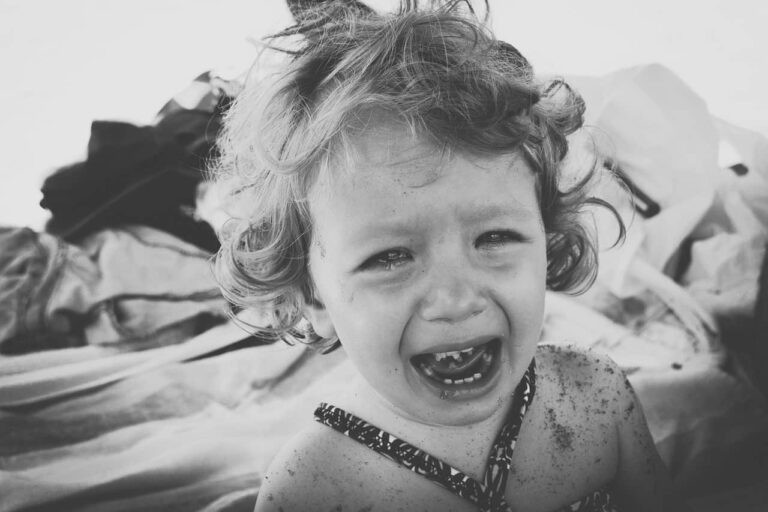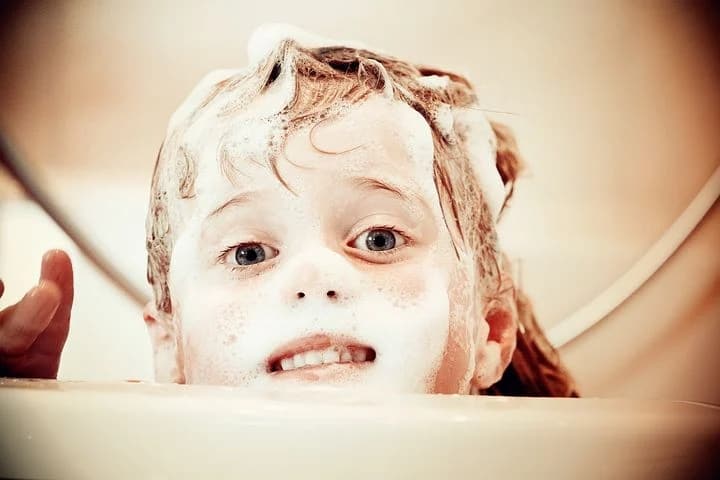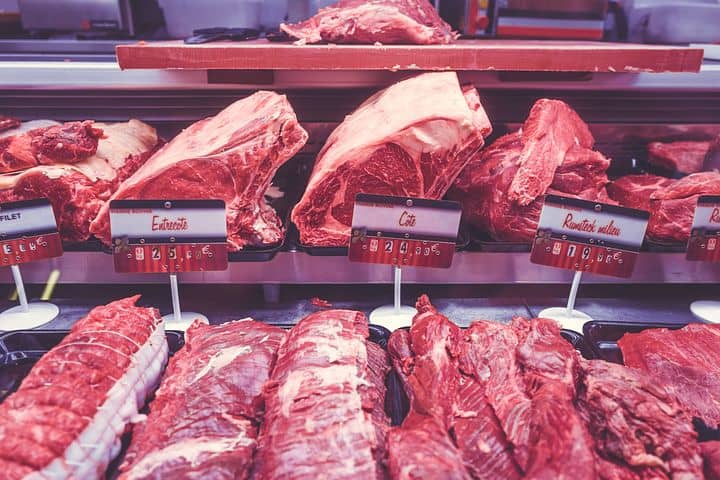Shiny Teeth And Me: How To Get Your Toddler To Brush Their Teeth
It’s a momentous moment in any mother or father’s life. You’re just casually taking photos of junior while they eat some grub. Then, out of nowhere, your baby smiles, and you see something inside!
It’s your baby’s first tooth! A miracle of life. And pretty soon, more pearly whites will pop out of their gums.
Teeth play a big role in everyday life. People use their teeth to chew and digest food all day and all night. They also shape a person’s face and can give anybody a confident smile.
For toddlers, their baby teeth are going to be their first set of teeth. These teeth are smaller in number and size. When children turn 6 years old, those primary teeth will fall out and make room for adult teeth.
But that does not mean that parents shouldn’t care for their toddler’s baby teeth. Those baby teeth are shaping the gums and are helping little ones eat. Keeping them healthy is on top of a parent’s priority list.
Toothbrushing is a key way to maintain toddlers’ oral hygiene. But how do you brush toddlers’ teeth? And more importantly, how do you convince fussy toddlers to do it?
Some Facts About Baby Teeth
Baby teeth may feel like they pop out of nowhere. However, parents can expect the first tooth to come out between 6 to 12 months. By age 3, babies will have a full set made out of 20 primary teeth.
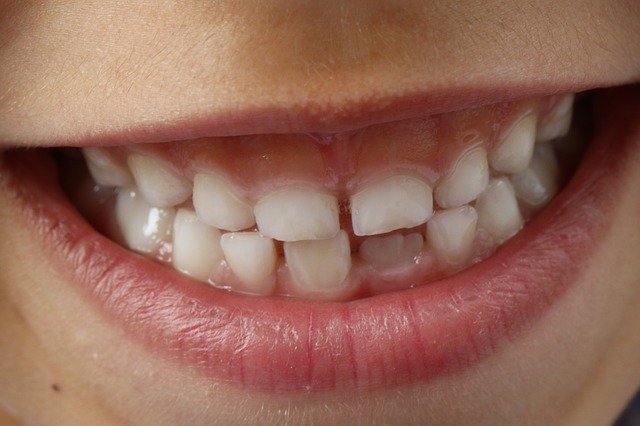
Just like regular adult teeth, cavities and tooth decay can also affect baby teeth. That’s why dental care and hygiene are important.
Teeth are coated with a hard shell called enamel. Enamel protects the teeth from tooth decay and damage. Baby teeth have thinner enamels than adult teeth, so they are more sensitive and easier to damage.
To protect the enamel and baby teeth, it’s recommended to include fluoride into a toddler’s diet. Fluoride hardens and strengthens the enamel. Some foods are rich in natural fluoride and can be fed to babies and toddlers.
Oral Hygiene for Toddlers
The moment babies grow their teeth, parents can start brushing them. Parents can use a mini toothbrush to clean their babies’ teeth. Parents can also use a damp cloth, but it won’t clean in between teeth and gums.
Babies below 18 months should only use water and no toothpaste. Once they are above 18 months, they can start using specialized fluoride toothpaste.
Toddlers should brush their teeth twice a day, every day. The most crucial time to brush their teeth must be before they sleep. Bacteria can grow overnight undisturbed, so removing them before sleeping is a must.
Parents can fully understand why brushing their little one’s teeth is crucial. They want to keep their toddler’s teeth fresh, clean, and cavity-free.
But for toddlers, it’s a different story. They see it as their parents trying to force a scary stick into their mouth!
They don’t want anybody but themselves near their teeth. This is where things can get very tricky.
How to Get Toddlers to Brush Their Teeth
“Why doesn’t my toddler want to brush their teeth?” Interesting question. It’s the same reason they don’t want to sleep, eat, or wear that frilly dress.
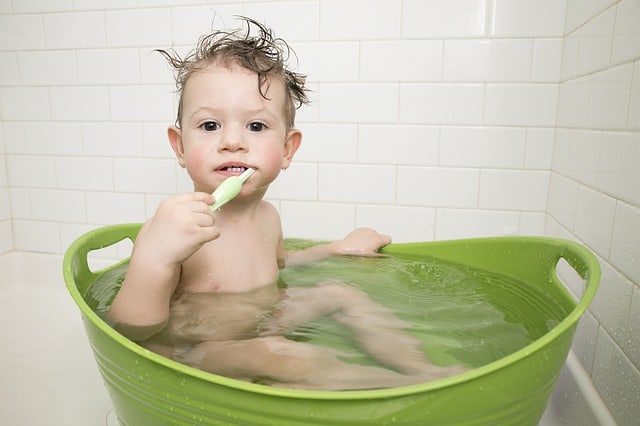
Toddlers are in a rebellious phase where they are seeking autonomy and independence. They want to do things their way and not their parents’ way.
Unlike when they were babies, toddlers have more motor and cognitive skills. They are capable of holding a brush and cleaning their own teeth. But they need a push in the right direction.
There is no one fix for any fussy child. Every toddler is unique and has unique issues and mindsets. But as a general guide, here are some tips on how you can make your toddler brush their teeth.
Stay Calm and Avoid Anger
Anger is a natural reaction to frustration. However, it is not an appropriate response to unruly toddlers. Getting mad at them will only make them more rebellious and associate negative emotions with toothbrushing.
Instead, parents should approach with care and patience. Talk in a low and calm voice when a toddler is loud. And try not to stoop to their level.
Let Them Make Choices
Don’t try to call all the shots. Toddlers want to be their own person and do their own things. So let them hold the brush and do their own thing.
Parents can supervise them and help a little. But the main action is done by the toddlers.
Toddlers should also be the ones to choose their own toothbrushes and toothpaste. This will make them feel more engaged and in control of the situation. They will more likely comply and brush their teeth.
Ask Professional Help
People trust the opinion of professionals, and so do toddlers. Have a dentist explain why toothbrushing is so important. Toddlers will more likely understand why oral hygiene is necessary.
Have Fun!
Finally, everybody knows how toddlers love fun, fun, fun. If something is a game, they will most likely reciprocate. For parents, that means turning toothbrushing time into a fun activity.
Sing songs. Make some rhymes. Cover your face with a little bit of toothbrush.
Find ways to make toddlers giggle and laugh. They will come back to do it over and over again.
Conclusion
Baby teeth play a big role in a child’s life. They are their first set of teeth. They help them chew their food and smile for the camera.
That’s why it’s important to maintain a toddler’s oral hygiene and health. Baby teeth must be kept clean for health and aesthetic reasons. One good way to do it is to brush their teeth.
Parents can first start brushing their babies’ teeth at 6 months old. When babies turn into toddlers, they can brush their own teeth without the help of an adult.
But toddlers can be rebellious and refuse to brush their own teeth. So parents need to intervene and make brushing time more fun and exciting.
Keeping toddlers’ teeth healthy and clean means a lot to their overall health and appearance. Besides, a big smile is never complete without a row of pearly whites.

